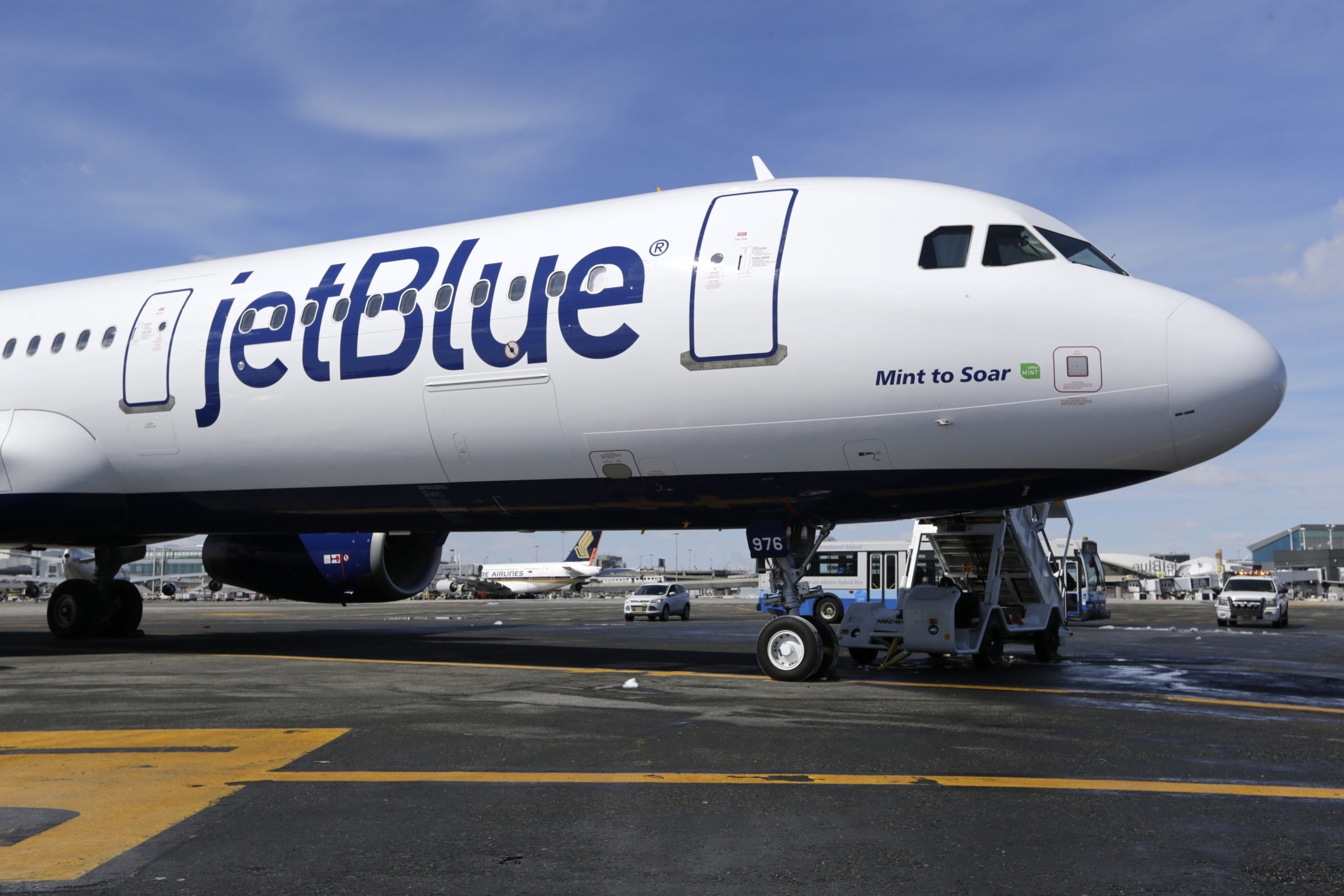Wealthy New Yorkers’ exodus cost the state billions last year — will the trend continue?
Eric Adams pledges to bring New Yorkers back from Florida, but Wall Street expresses concern and may take tax dollars elsewhere

 As we reported, New Yorkers have been fleeing for Florida in droves. In total, for the 2019-April 2021 period, 104,960 New Yorkers made the switch — far and away leading every other state and exceeding past averages.
As we reported, New Yorkers have been fleeing for Florida in droves. In total, for the 2019-April 2021 period, 104,960 New Yorkers made the switch — far and away leading every other state and exceeding past averages.
Although there is a silver lining, with New York reporting a (modest) growth trend in the past decade, many of those who left were the ultra-wealthy, replaced with lower-income residents taking their place.
As Reuters first reported, a net 70,000 people left the metropolitan region in 2020, resulting in roughly $34 billion in lost income, according to estimates from Unacast, a location analytics company.

Brooklyn Boro
View MoreNew York City’s most populous borough, Brooklyn, is home to nearly 2.6 million residents. If Brooklyn were an independent city it would be the fourth largest city in the United States. While Brooklyn has become the epitome of ‘cool and hip’ in recent years, for those that were born here, raised families here and improved communities over the years, Brooklyn has never been ‘uncool’.